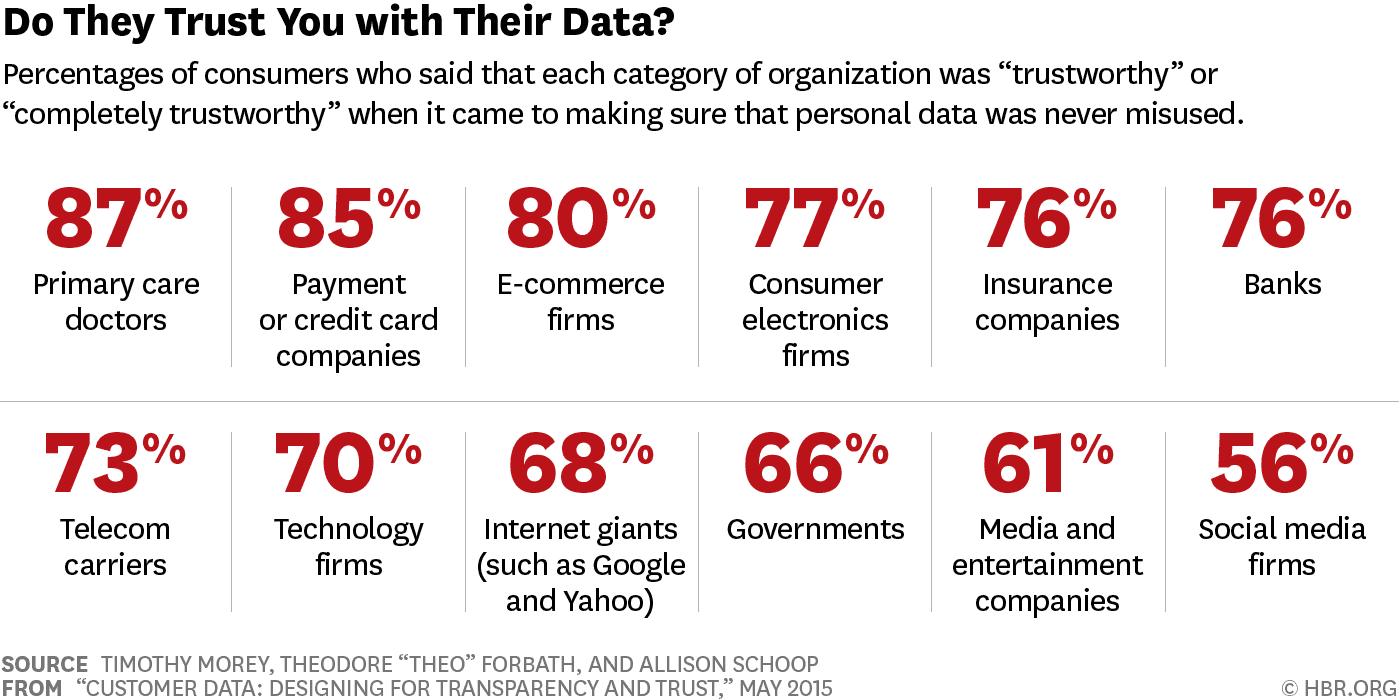
A good understanding of hardware and software functions is essential for embedded software engineers. In order to create software that runs on various hardware systems smoothly, it is essential to have a good understanding of their functions. You should also have an understanding of hardware design. The embedded software engineer is responsible in creating and testing the software.
Embedded software engineer
Embedded software engineers work on complex projects that incorporate hardware and software, and it is vital for them to be able to balance these demands. They are often required to work under tight deadlines and may also need to work overtime. It is crucial to write a great job description.

A job description for embedded software engineers should include the essential requirements. The embedded software category is a type or program that controls, operates and monitors hardware systems. Software engineers responsible for creating and maintaining these devices' software are called embedded software engineers. Their job involves using data and algorithms to ensure the system functions properly. They must communicate well with clients, managers, engineers, and other stakeholders.
An embedded software engineer will oversee the development of software and hardware, and must work in a team. This position requires excellent client-facing communication skills as well as special training in embedded code engineering. An embedded software engineering engineer is a key member of a team. They are responsible for the design, development, and support embedded systems.
Firmware architect
Firmware architects create, implement, test, and maintain embedded software for high-performance devices. You'll typically work in a collaborative environment with other engineers to determine project constraints. You will need to be a good problem solver, with a strong drive and determination to create high quality products. Additionally, you will need to be familiar with international standards and RF communication protocols.
Firmware engineers are computer scientists who use mathematical analysis and computer science to create software. They collaborate with other disciplines in order to develop, design, and evaluate software solutions. A firmware engineer is responsible for many tasks such as troubleshooting and designing software solutions, performing evaluations, analysing design needs and creating new software when required by clients.

Firmware architects must have an in-depth knowledge of multithreaded hardware platforms, microcontrollers, and other related topics. In addition, they must have a strong understanding of embedded software architecture and the hardware integration process. They need to have great communication and problem-solving skills as well as time management skills. You will also need to manage projects and work in a group environment. An embedded software architect will diagnose and resolve problems in systems as they arise, working with project managers to meet their objectives.
FAQ
Who hires consultants
Many companies hire consultants to help with their projects. These consultants can be found in small and large businesses as well as government agencies, universities, educational institutions, non-profits, and education institutions.
While some consultants work for these companies, others are freelancers. In either case, the hiring process varies depending on the size and complexity of the project.
Before you can hire a consultant, there will be several rounds of interviews.
Can you run a business consulting from your home?
Absolutely! Many consultants do this already.
Many freelancers work remotely via tools such as Skype, Trello and Basecamp. So they don't miss company perks, freelancers often make their own office space.
Some freelancers prefer working in cafes and libraries over traditional offices.
Others prefer to work from home as they feel more at home with their families.
Working from home comes with its own pros and cons. It's worth looking into if your job is fulfilling.
How do I set up an LLC to consult?
The first step is to decide what service provider you want to be. You must then ensure you are qualified to offer those services. It might also help to find someone who already does what you want to offer and see how they operate.
Once you've identified the product or service you wish to offer, it is time to determine your target market. If you don't have enough, you might need to create them.
Next, you will need to decide if you want to start your own business or hire others.
Another option is to get a state license. This requires a lot of paperwork and legal fees.
What is the difference?
An advisor provides information about a topic. A consultant can offer solutions.
Consultants work directly for clients to help achieve their goals. An advisor advises clients indirectly through books, magazines, lectures, seminars, etc.
How do you get clients for your consultancy business?
The first step is to find an area you are passionate about. It can be anything you like, including public relations or social media. If you don't feel passionate about it, you might need to start small with web design. Once you have found the niche market, you need to understand why it works. What problems can it solve? What are the benefits? What can you do to support them?
You can also approach businesses directly.
If all else fails you can offer your services at free events such as conferences or networking nights. You'll meet many potential customers without spending money on advertising, and you'll be able to show off your skills.
Statistics
- So, if you help your clients increase their sales by 33%, then use a word like “revolution” instead of “increase.” (consultingsuccess.com)
- My 10 years of experience and 6-step program have helped over 20 clients boost their sales by an average of 33% in 6 months. (consultingsuccess.com)
- 67% of consultants start their consulting businesses after quitting their jobs, while 33% start while they're still at their jobs. (consultingsuccess.com)
- According to IBISWorld, revenues in the consulting industry will exceed $261 billion in 2020. (nerdwallet.com)
- "From there, I told them my rates were going up 25%, this is the new hourly rate, and every single one of them said 'done, fine.' (nerdwallet.com)
External Links
How To
How do I find a good consultant?
Finding a great consultant starts with understanding your expectations. Do you want them help improve your website's efficiency? Do you need them to optimize your site so that it ranks higher in search engines' results? Or perhaps you just want someone who can tell if there are any issues with your current hosting provider. After you have decided what services you need, it is time to start looking at potential companies. There are many consultants out there who claim they can provide these services, but only a few actually live up to their claims. How can you pick the right one? Here are some tips to help you choose a consultant.
-
Get referrals. Referring to other consultants is the best way of choosing a consultant. You don't want to hire someone you've never heard of before because you'll likely pay too much. But you also don't want to work with someone whose reputation isn't solid. You're fortunate enough to receive referrals from people you trust. Even if you don’t have any referrals, you can still look online for reviews. Check for testimonials or case studies that show how clients have used your services.
-
Ask around. Many people are not aware of the benefits of hiring a consultant. They assume that their current situation is fine and they don’t need changes. However, this is usually untrue. Even if your results are great, there's a good chance that you haven’t kept up with the latest trends and technologies. And if you're relying on outdated methods, you'll miss out on opportunities to grow your business. Ask around to find a qualified consultant.
-
Check their qualifications. You don't need to worry about whether they are building a website or an eCommerce store worth millions. It doesn't matter if they are qualified for the task or not; make sure they are knowledgeable in the field.
-
Find out what kind of projects they specialize in. While you might assume that everyone can handle everything, this isn't true. Certain areas may require special training or education. If you are looking for someone to create a WordPress theme, then you will not want to hire someone who isn't a specialist in Drupal. The same applies to programming languages, graphic design and other areas. Be sure to ask what kinds of projects they typically work on.
-
You should know their prices. As we said, you don't want to pay too much for a consultant. However, you don't need to pay too much. There are many different types of consultants. There are some that charge an hourly fee, while others may bill per job. You will save money if you know exactly what you're going to pay upfront.
-
What do they offer? Do they offer free consultations? Can they provide advice on how to setup your own system? Are they able to guarantee that your site will rank better after working with you? You can cancel the consultation without penalty if your opinion is not what you wanted.
-
Find out if the company offers discounts for several months or years. Many consultants offer extended discounts for long periods. Even though you do not necessarily have to commit to a whole year of service, you might still be able to benefit from any specials they offer.